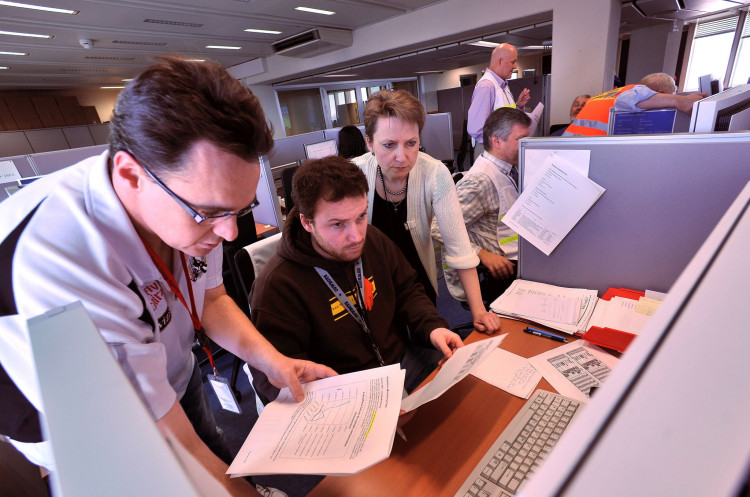The International Atomic Energy Agency (IAEA) and Hungary will conduct a two-day exercise this week involving 82 Member States and 11 international organizations to test the global emergency response to a simulated accident at a nuclear power plant.
The IAEA will use the 21-22 June exercise to evaluate the consistency of response actions by States to identify good practices as well as areas for improvement.
Large-scale exercises of this kind are conducted every three to five years to test arrangements in place to fulfil obligations under the Convention on Early Notification of a Nuclear Accident and the Convention on Assistance in the Case of a Nuclear Accident or Radiological Emergency. Based on a national exercise conducted in a Member State, the Level 3 Convention Exercise (ConvEx-3) is designed to evaluate emergency response to nuclear or radiological emergencies of all kinds.
Over 36 hours, the IAEA will join Member States and international organizations in working together to implement emergency plans and procedures as well as bilateral agreements and international arrangements.
The IAEA’s exercise objectives are to evaluate communication between its Incident and Emergency System and the Accident State, other Member States, media and the public; arrangements for consequence assessment and prognosis of emergency development; and the provision of international assistance.
The exercise scenario was developed by Hungary’s Paks Nuclear Power Plant and the Hungarian Atomic Energy Authority. Preparation of the international dimension of the exercise was coordinated by the Inter-Agency Committee on Radiological and Nuclear Emergencies (IACRNE), composed of 18 international organizations.
IAEA Press Office
Office of Public Information and Communication
+43 1 2600 21273
press@iaea.org


